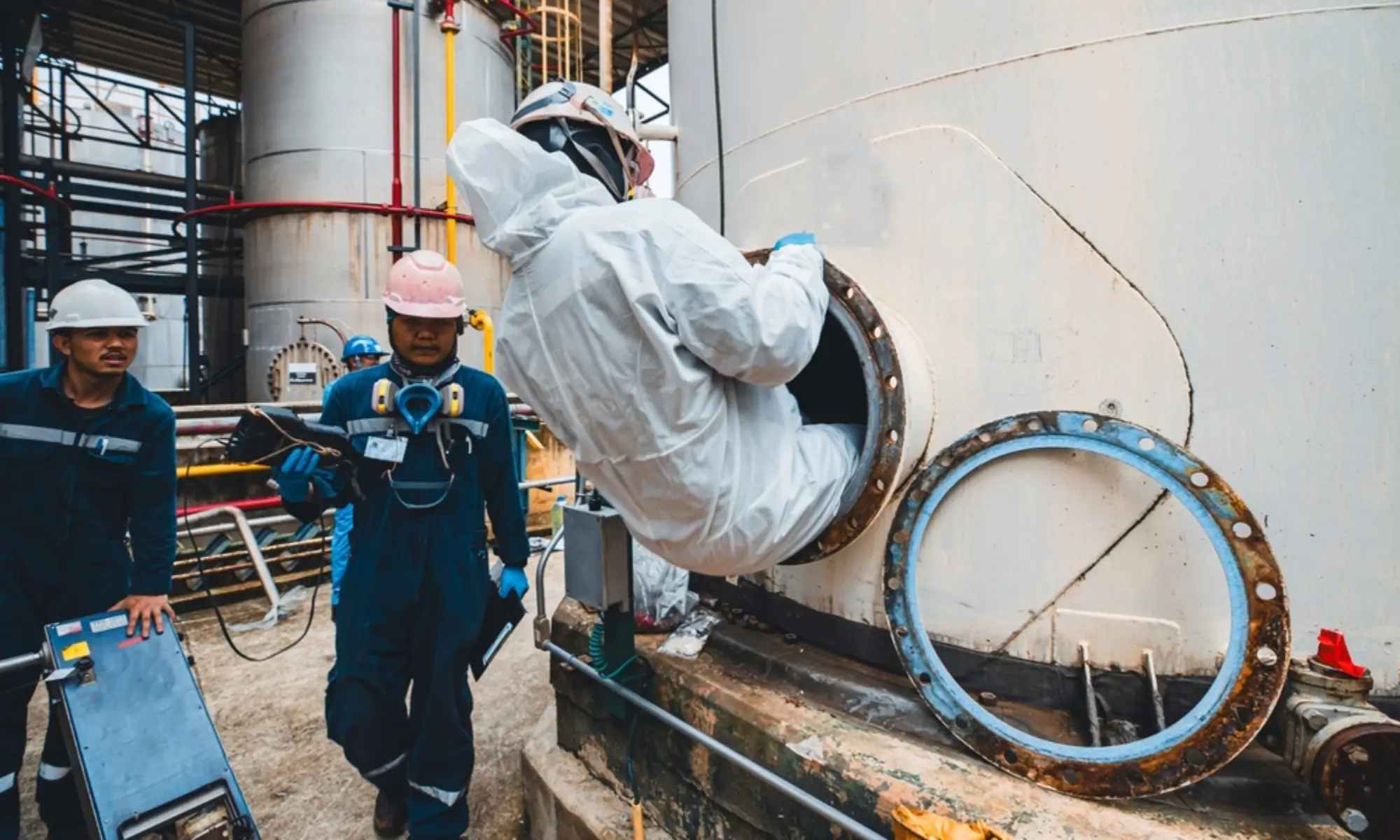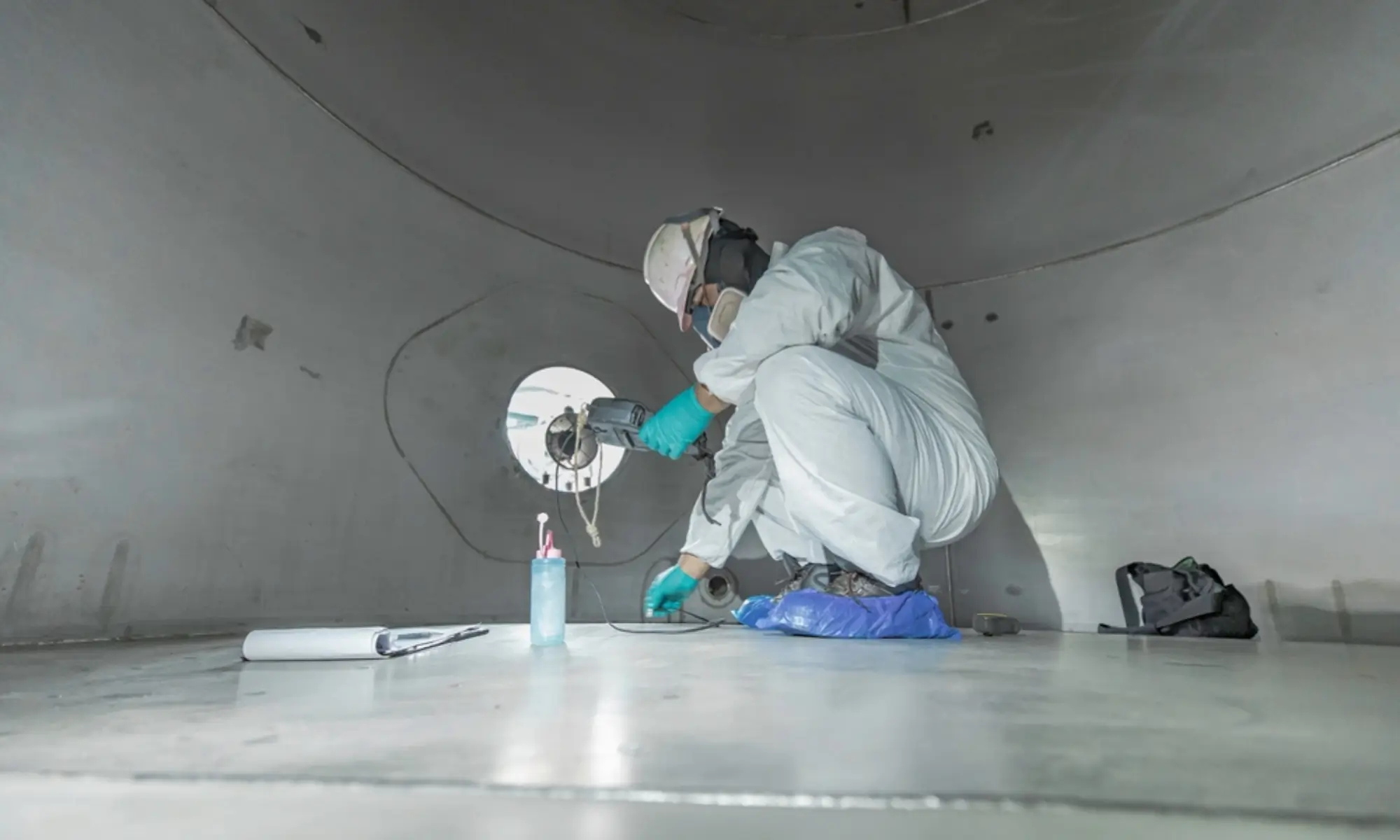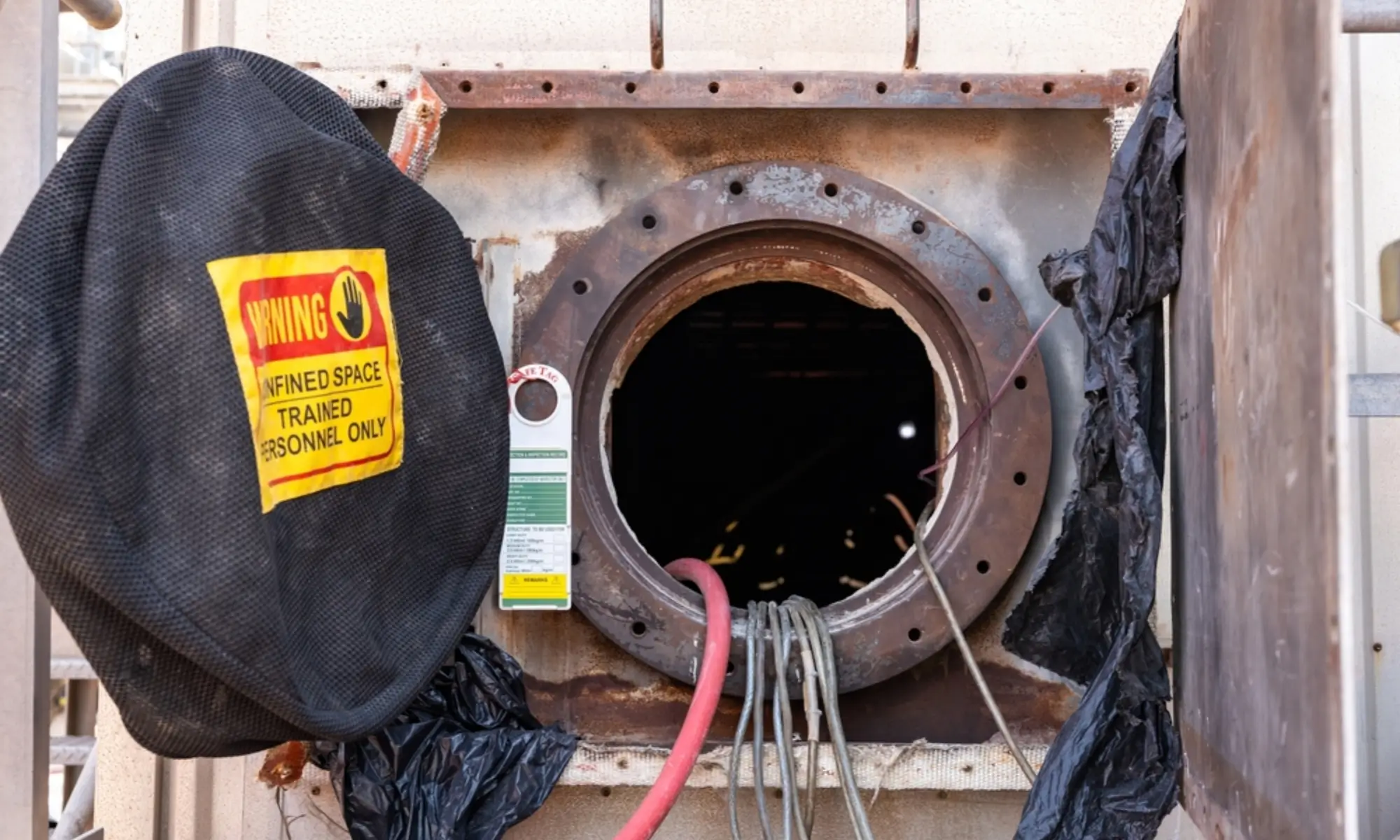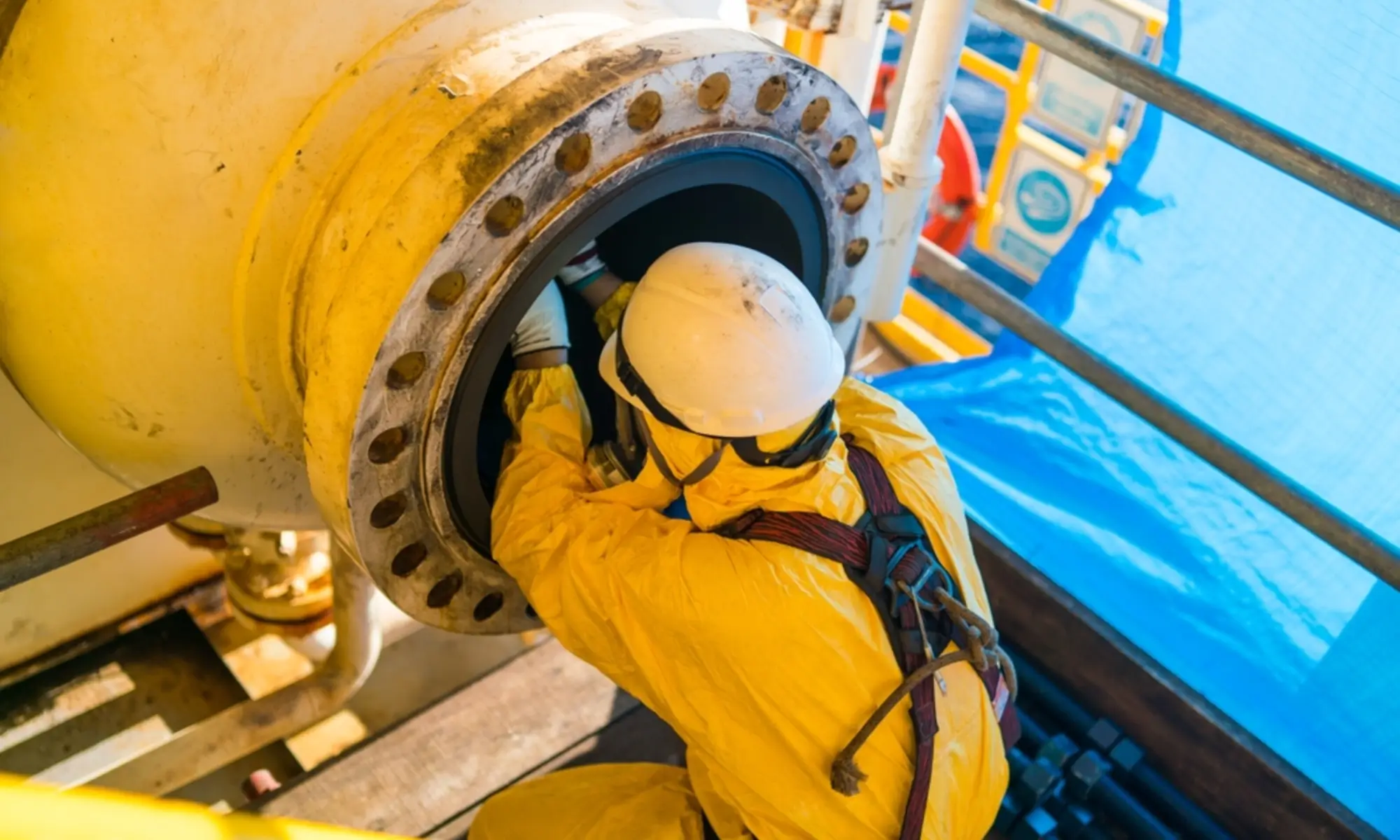Working in confined spaces presents unique challenges and significant risks. Whether you’re involved in construction, maintenance, utilities, or recreational activities like caving, understanding and adhering to safety protocols is crucial. One essential component of confined space safety is obtaining a Confined Space Ticket.
This article delves into what a confined space ticket is, its importance, how to obtain one, and the benefits it offers to both workers and employers.
Confined spaces are areas with limited entry and exit points, often lacking adequate ventilation, which can expose workers to hazardous conditions such as toxic fumes, low oxygen levels, or the risk of engulfment. To mitigate these dangers, proper training and certification are mandatory. A Confined Space Ticket serves as proof that an individual has undergone the necessary training to work safely in such environments.

What is a Confined Space Ticket?
A Confined Space Ticket, also known as a Confined Space Card, is a certification obtained by completing a nationally accredited confined space training course. This certification verifies that the holder has the requisite knowledge and skills to safely enter and work within confined spaces. The ticket is typically issued by a Registered Training Organisation (RTO) and includes units of competency based on the length and depth of the training program undertaken.
Why is a Confined Space Ticket Important?
Confined spaces pose significant hazards that can lead to severe injuries or fatalities if not managed correctly. The ticket ensures that:
- Safety Standards are Met: Workers understand the protocols to identify and mitigate risks.
- Compliance with Regulations: Adhering to Occupational Health and Safety (OH&S) regulations is mandatory, and the ticket demonstrates compliance.
- Emergency Preparedness: Certified individuals are trained to respond effectively in case of emergencies, including performing rescues and using breathing apparatus.

How to Obtain a Confined Space Ticket
Obtaining a confined space ticket involves enrolling in and completing a certified training program. Here’s a step-by-step guide:
- Choose a Registered Training Organisation (RTO): Select an accredited provider that offers confined space training courses.
- Enroll in a Training Program: Depending on your role and the level of responsibility, choose a basic or advanced course.
- Complete the Course: Attend all training sessions, participate in practical exercises, and pass any assessments.
- Receive Your Ticket: Upon successful completion, the RTO will issue your confined space ticket, validating your competency.
For more detailed information, visit our Confined Space Training Page.
Training and Certification Process
Confined space training typically covers the following areas:
- Risk Assessment: Identifying potential hazards within confined spaces.
- Permit Systems: Understanding and managing entrance permits required for confined space entry.
- Use of Safety Equipment: Proper operation and maintenance of equipment such as gas detectors and breathing apparatus.
- Emergency Procedures: Techniques for confined space rescue and CPR training.
- Regulatory Compliance: Adhering to Australian Standards like AS2865-2009.
Units of Competency
Training programs may include various units based on the course’s length and focus, such as:
- Basic confined space operations.
- Standby procedures and responsibilities.
- Gas testing and monitoring.
- Rescue operations and the use of breathing apparatus.
- Permit supervision and issuance.

Renewal and Maintenance of Confined Space Tickets
While there isn’t a government-mandated expiration date for confined space tickets, the Australian Standard AS2865-2009 recommends renewing the certification every two years. Additionally, refresher courses are necessary every 24 months, and CPR training should be renewed annually. Regular renewals ensure that workers stay updated with the latest safety protocols and regulatory changes.
Roles and Responsibilities
Different roles within confined space operations require varying levels of training and responsibility:
- Basic Workers: Perform tasks within the confined space without additional responsibilities.
- Standby Personnel: Monitor the confined space entry and are prepared to respond in case of an emergency.
- Supervisors: Oversee the permit system and ensure all safety measures are in place.
- Rescue Teams: Trained to perform confined space rescues and provide first aid or CPR if needed.
Each role demands specific competencies to ensure a safe working environment.
Risks of Working in a Confined Space
Working in confined spaces carries several risks, including:
- Toxic Airborne Fumes: Exposure to harmful substances can lead to respiratory issues or poisoning.
- Low Oxygen Levels: Insufficient oxygen can cause unconsciousness or death.
- Engulfment Hazards: Workers can be trapped or buried by materials within the space.
- Limited Visibility: Poor lighting can increase the risk of accidents.
- Mechanical Hazards: Moving parts or equipment within the confined space pose additional dangers.
Proper training helps workers recognize and mitigate these risks effectively.

Benefits of Having a Confined Space Ticket
Holding a confined space ticket offers numerous benefits:
- Enhanced Safety: Ensures workers are equipped with the knowledge to operate safely.
- Regulatory Compliance: Meets legal requirements, avoiding potential fines and legal issues.
- Increased Employability: Certified individuals are often preferred by employers, enhancing job prospects.
- Preparedness for Emergencies: Trained personnel can respond swiftly and effectively in crisis situations.
- Operational Efficiency: Well-trained workers contribute to smoother and more efficient confined space operations.
Conclusion
A Confined Space Ticket is more than just a certification; it’s a testament to a worker’s commitment to safety and competence in managing the inherent risks of confined spaces. By obtaining and maintaining this certification, workers not only protect themselves but also contribute to a safer working environment for everyone involved. Whether you’re a basic worker, supervisor, or part of a rescue team, the confined space ticket equips you with the essential skills and knowledge to perform your duties safely and effectively.

